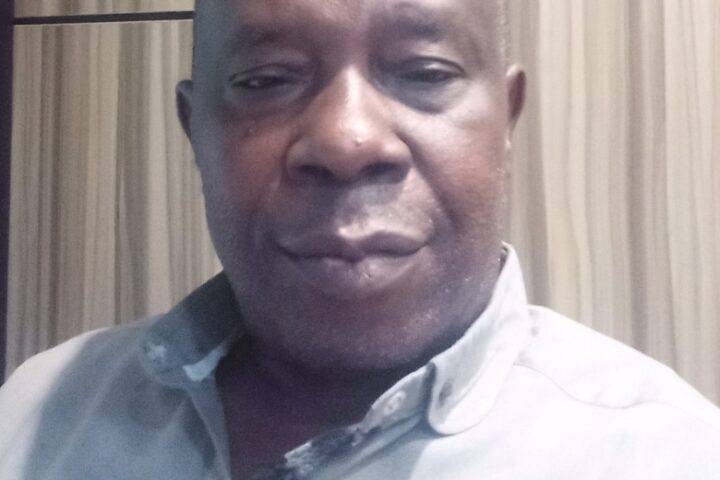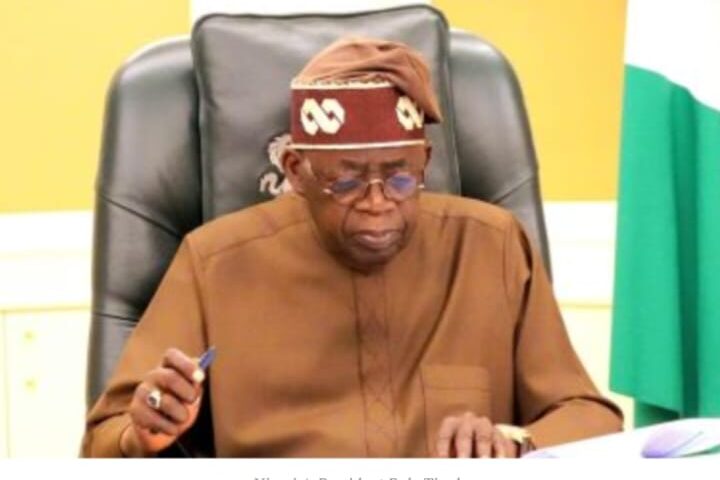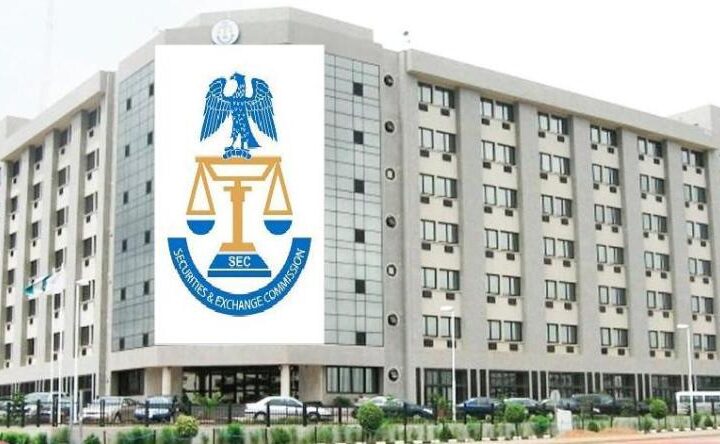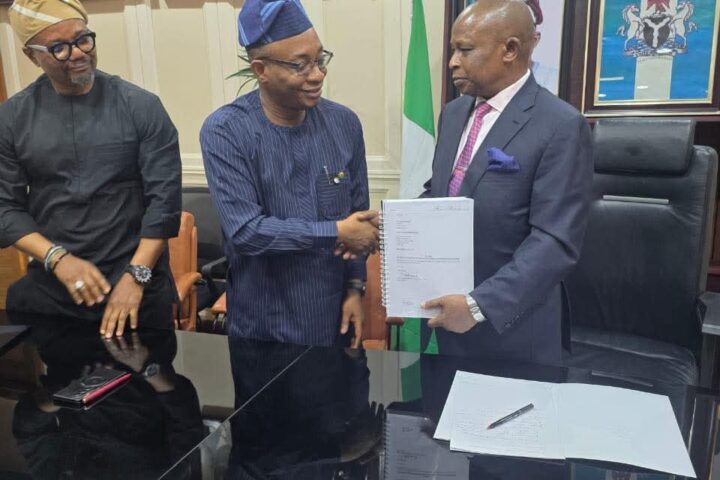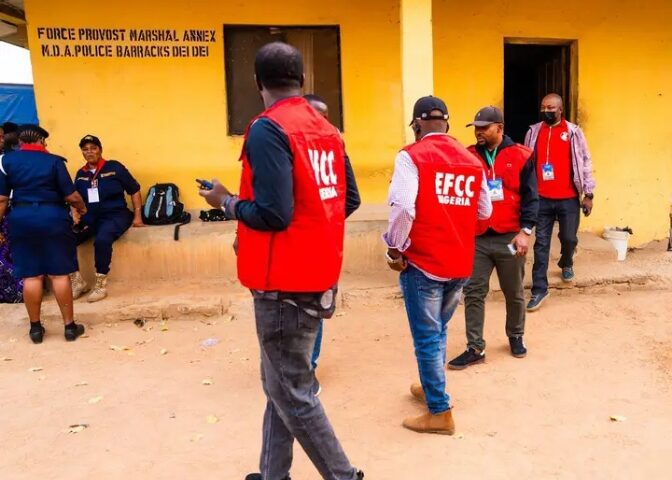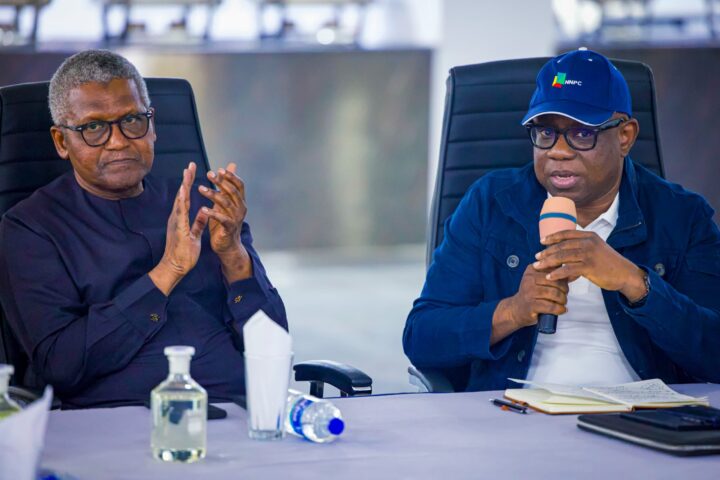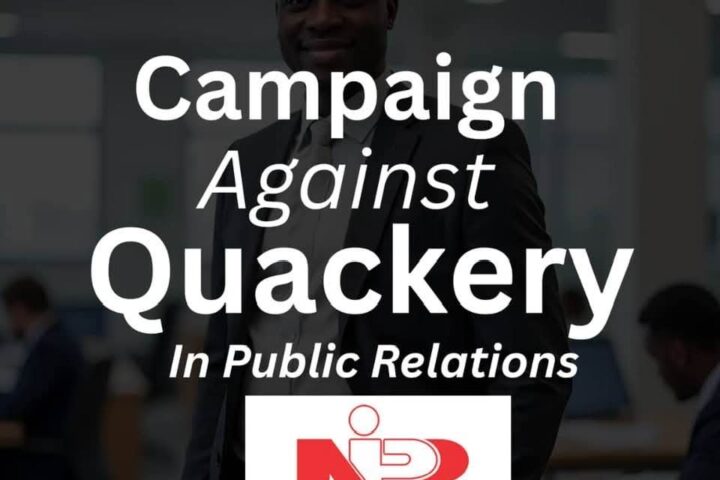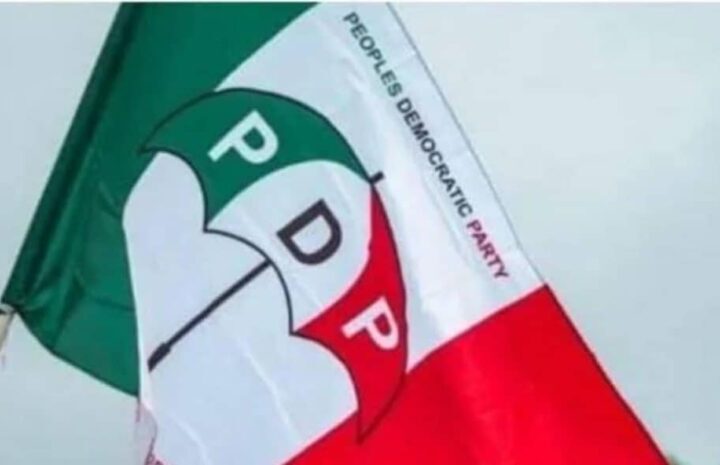By Mohammed Bougei Attah
On Thursday May 18, the House of Representatives Committee in plenary, adopted the report of the House Committee on Public Procurement. The matter was for the adoption of the Committee’s Report on the Bill to Amend the Chartered Institute of Purchasing and Supply Management Act 2007.
Foremost in the prayers as presented by the Institute in November 2024 at the Public Hearing was for the change of name by expunging the word “purchasing” from the Principal Act and replacing it with the word “procurement”
This the Institute argued in the Bill that “It is to bring the Institute in tandem with what is obtainable globally. There was joy across the land on Thursday when the House adopted the report of the Committee unanimously.
Unlike the CIPSMN Act 2007 that is seek amendment for the first time since 2007, that is 14 years after, the Public Procurement Act (PPA) 2007, a twin legislation and one of the five Sunshine Laws has suffered several unsuccessful surgery in attempt to amend the law.
As at the last count, the PPA 2007 Act was presented for amendments six times in the 14 years of its existence. From Bill to amend the Act and make the President the Chairman of Council as contained in Part 1, Section 1 of the Act, and or to insert new members of the Council including Quantity Surveyor, and to amend for increase in mobilization fees from 15% to 30% and other anti-people provisions.
The last amendment sought to the PPA 2007 Act has however taken another dimension. Sponsored by the Speaker of the House of Representatives, Rt. Hon. Abbas, the Bill, HB03 of 2024 “seek to amend the Public Procurement Act Cap P44, Laws of the Federation of Nigeria, 2004 to provide for damage against the Contractor on issues relating to undue delay in completion of Contract and for Related Matters”.
For the first time in the quest to amend the Act, this provision received overwhelming approvals of the Federal Ministries of Justice, Finance and Education from the Executive, Manufacturers Association of Nigeria, MAN, Professional Association in Nigeria, the CIPSMN, CSOs and the media. Despite these overwhelming support for the Bill at the Public Hearing held on Monday December 2, at the National Assembly, the Bureau of Public Procurement, BPP, led by its current Director General, Adebowale Adedokun and pioneer Director General of the Bureau, Engr. Emeka Ezeh opposed the passage of the Bill on the ground that such can be applied as administrative functions. Procurement handbook they argued is enough to guarantees the clause
The passage of the CIPSMN Bill therefore by the House of Representatives at the first amendment is evidence of a clear and unambiguous intentions to serve the people. Nigerians as before are commending the Speaker of the House of Representatives, Rt. Hon. Tajudeen Abbas for ensuring the transparent legislative process that led to the adoption of the report of the Committee, led by Rt. Hon. Idem Unyime, the Chairman, House Committee on Public Procurement
Presenting the position of the Institute during the Public Hearing, Dr. Abdul Mamman, the North Central Coordinator said “Every Civil Servant in Nigeria that is engaged in Procurement and Supply Chain functions must undergo the professional training and certification offered by the Institute to become member, as a requirement for developing a full career path in procurement and supply chain management”.
Further he said :“The Institute should be accorded the same recognition as done to other, established professional Institutes in Nigeria especially, in the fields of Accounting, Engineering, Medical, Teaching and Law profession (ICAN or ANAN, COREN, TRC and the Law School) respectively, and all these aimed at maintaining standard of practice and in consonance with the global best practices.
The concurrent by the Senate will therefore have many implications on the Nigeria economy in the areas of reducing public procurement corruption by closing many gaps, enhancing standard practices and organized system. Public Procurement Corruption (PPC) in Nigeria is estimated to account for over 70% of total corruption in the public sector, say NGO Network in their 2010 survey.
But the Economic and Financial Crimes Commission, EFCC through its chairman, Barr. Ola Olukoyode recently declared at a public function that PPC accounts for about 90% in the public sector.
One very important syndrome the Senate concurrent will also cure is the failure of the executive arm of government to address issues related to procurement practice according to the law. For example, the twin legislations that is CIPSMN and PPA are established in the year 2007 with a clear mandate to have Councils for their regulations. Both the establishments have existed for over 14 years without Councils, and these have very serious impact on the activities of the two.
While the CIPSMN claimed they had made concerted efforts to get the line Ministry, Federal Ministry of Industry, Trade and Investment to inaugurate the Council since 2016, the case of the Bureau of Public Procurement, BPP is a different story.
From President Olusegun Obasanjo to President Musa Yardua and from President Goodluck Jonathan and Muhammadu Buhari, the Council is yet to see the light of the day. It is on record that the non-inauguration of the Council for the BPP in particular is a gross violation of the law and a serious boo-boo in procurement that has led to many cases of procurement corruption that has caused it to have weak institutional framework.
Prince Chris Azor, a social critic, anti-corruption and CSO expert argued during a recent publication on the violation of Nigeria procurement law by BPP, the World Bank and Chartered Institute of Procurement and Supply, CIPS-UK that “Unless the National Council on Public procurement (NCPP) – which is mandated by law to oversee BPP activities – is established and operationalized, the Bureau will continue to act unchecked. Further he said “It’s been 14 years since the NCPP should have been constituted. Without it, BPP has essentially become a law unto itself, flouting provisions like Section 5(p) which requires biannual procurement audits submitted to the National Assembly.
But what has been the crises rocking the sector over the years? In a questionnaire request by a PGD student of procurement and supply chain management, monitored via Procurement Alert, a platform for sharing ideas and information about procurement and anti-corruption in Nigeria, he posted to know “What are the major causes of corruption in public procurement practice?” Many respondents were quick to agree on one major area, which is lack of capacity.
Others include use of unqualified and knowledgeable procurement personnel, non-existing sanctions or punitive measures against violators of the laws and several others.
Some respondents who want to remain anonymous accused the executive arm of government of playing politics with procurement. This they claimed is the reason behind the ugly activities of the BPP by their overlapping roles, inconsistency in management and lack of proper understanding of their mandate and roles. The CIPSMN has accused the Bureau of abandoning their mandates as regulator and monitors to that of educator, trainer and certification. A case of being a judge in one’s case.
In defense of these accusations, however, Chief Pascal Egwim, one-time Lead Consultant to BPP, former Director General of Imo State Bureau of Public Procurement and a Fellow of the CIPS-UK, stated unequivocally in a chat monitored through Peoples Expertise and Excellence Foundation, PEEF, while responding to arguments around the activities of the Bureau “Please let me correct an impression here. BPP does not determines who qualifies by certification to practice procurement as a profession in Nigeria. They only determines who joins the procurement cadre in the public sector by organizing trainings on Basic Procurement Skills and setting examinations after a rigorous 2-week training”.
In conclusion Chief Egwim said “Having gone through this initial training and passing BPP exams and joining the procurement cadre, officers are free to pursue professional accreditation by joining any recognized body like the CIPSMN and get Chartered”
If the above are true coming from a former lead person at the BPP, then the questions on the lap of everyone is why would the BPP bypass the CIPSM in Nigeria by inviting CIPS-UK to collaborate with them to train would-be professionals? The Public Procurement Act 2007 mandated the Bureau to work with professionals, and not procurement officers.
By implications, all staff employed by the BPP or engaged to perform procurement related functions at the ministries, Departments and Agencies of government are deemed to have been a certified professional procurer. And the mandate of the CIPSMN, they are to train and certify procurement professionals.
The Bureau of Public Procurement is an agency of government saddled with the responsibility for the oversight of the implementation of public procurement at the federal level by ensuring that, existing government policies on public procurement are harmonized and ensuring compliance with the provisions of the Public Procurement Act 14 of 2007 under the supervision of the National Council on Public Procurement of which the Bureau is the Secretariat.
Professionalism is traditionally associated with certain attributes; which include, skills and theoretical knowledge, prolonged training and education, competence demonstrated through tests and examination as well as adherence to the code of professional ethics.
The Institute is at the moment, charged with the responsibility among others the duty to regulate the professional practice in Procurement and Supply Chain Management through the conduct of examinations, leading to award of the institute’s Final Professional Qualification to those that passed the prescribed examinations of the institute in Nigeria or abroad.
So as Nigerians await the position of the Senate on the Bill, it must be clear that they made the law and knows the provisions better. They need to do the needful so that procurement practices in Nigeria can be healthier and transparent for the good and development of the country.
Mohammed Bougei Attah is procurement professional, CSO expert and currently the National Coordinator of Procurement Observation and Advocacy Initiative



